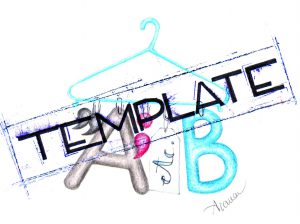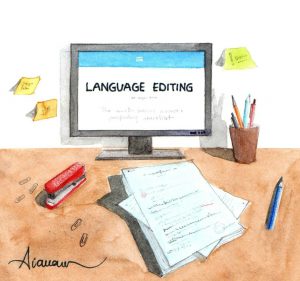 H. is a Cambridge graduate who found writing is better for her mental health than scientific research. T. is a part-time teaching assistant who writes part-time to make ends meet. L. is a freelancer who writes digital content when her baby is sleeping. M. is a retired IT technician with a career spanning from punch cards to cloud computing who writes to keep her mind sharp and a roof over her head. These, and many other people you’ll never know, ghostwrite web content for a living.
H. is a Cambridge graduate who found writing is better for her mental health than scientific research. T. is a part-time teaching assistant who writes part-time to make ends meet. L. is a freelancer who writes digital content when her baby is sleeping. M. is a retired IT technician with a career spanning from punch cards to cloud computing who writes to keep her mind sharp and a roof over her head. These, and many other people you’ll never know, ghostwrite web content for a living.
They’re professional writers who work full-time or part-time from their home offices. They’re not doing some freelance content writing on the side while hopping around the world.
Most of the content online—LinkedIn posts by thought leaders, company blogs by marketing experts, magazine articles by CEOs, whitepapers by Fortune 500 companies, and more—was ghostwritten.
Almost all businesses that have a website are publishers, and many hire web content ghostwriters. If you own a growing business and have a presence online, sooner or later you’ll need a content writer, whether on an ad hoc basis or on staff.
If you’ve never hired a web content writer before, you might not know many things about their work. This post illustrates some less-known aspects of a freelance content writer’s job to help business owners improve their relationships with their freelance writers. Read More







